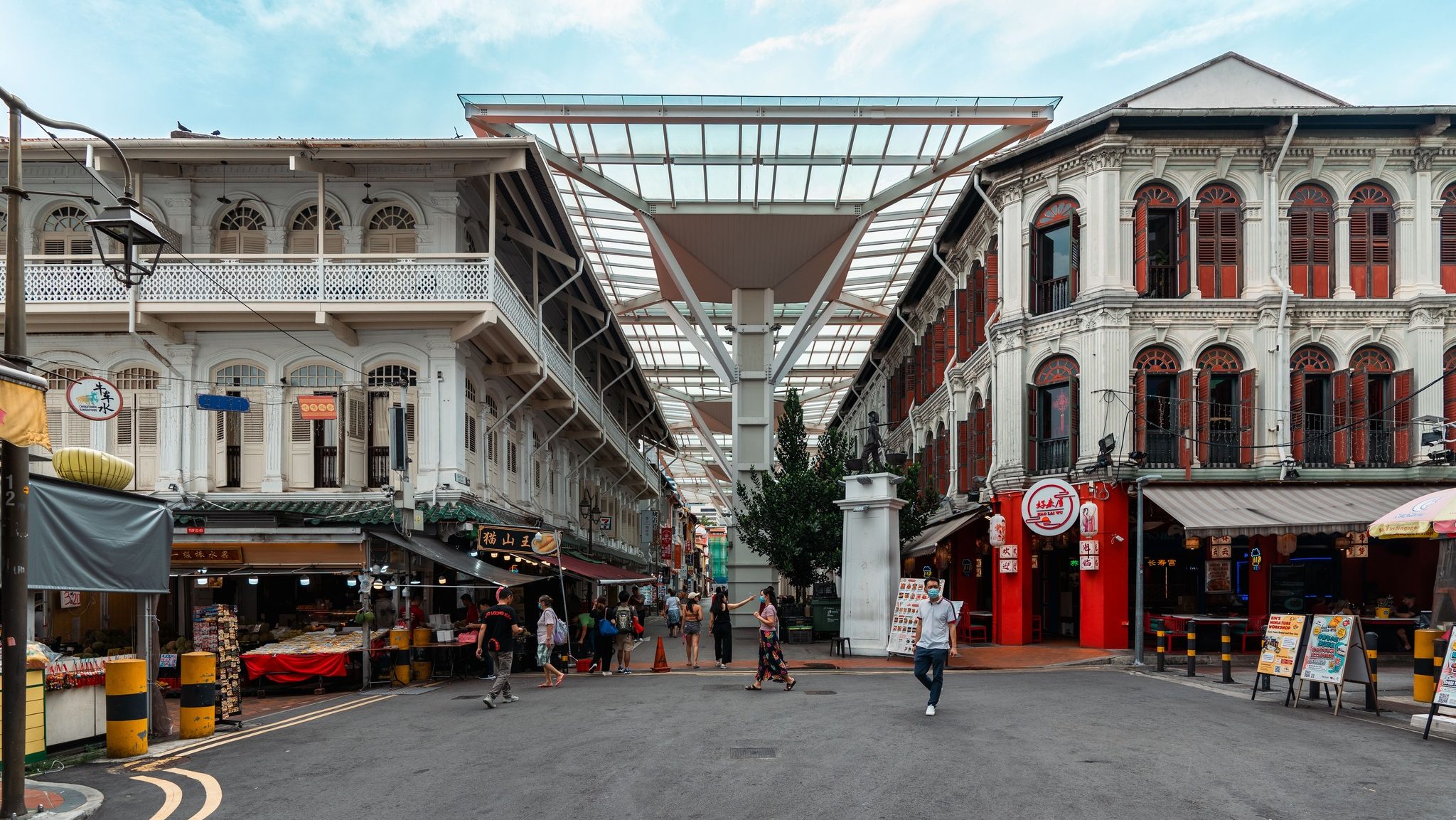SINGAPORE: The Chinatown district, a row of 13 shophouses along Smith Street, is now open for tender, with businesses hoping for increased foot traffic while safeguarding the precinct’s rich culture and heritage. The Smith Street revamp aims to revitalise the area’s legacy as a Chinese opera hub and introduce authentic Singaporean cuisine, Channel News Asia reports.
The tender, including shophouses from 11 to 37 Smith Street and the former Chinatown Food Street pedestrian walkway, was launched on Thursday, Nov 30, and will remain open for the next 12 weeks. The goal is to bring back the district’s vibrancy, which has waned over the years, culminating in the closure of Chinatown Food Street in 2021.
All existing businesses at the site will see their tenancies conclude by the middle of next year. Noodle Man Lan Zhou La Mian owner Wong Seng Wai, with a business history spanning 24 years on Smith Street, expressed a desire to continue under the new master tenant. Wong, facing a 40% decline in business since the onset of the COVID-19 pandemic, hopes for a focus on heritage food offerings and affordability to avoid over-commercialisation and soaring rents.
Chinatown Business Association’s executive director, Lim Yick Suan, anticipates collaborating closely with the new operator to inject fresh concepts into the district. She said, “We are hopeful to have a very, very close collaboration with the new operator to promote and augment Chinatown’s rich heritage and culture. With this, we hope that visitors to Chinatown, (including) Singaporeans and tourists from all around the world, can enjoy and deepen their experience in Singapore’s Chinatown even more.”
Real estate expert Dr Lee Nai Jia, Head of Real Estate Intelligence at PropertyGuru, sees the rejuvenation initiative as timely, considering changing trade dynamics since 2001. While acknowledging the need for a refresh in the concept, he cautioned against the pitfalls of gentrification. Dr Lee emphasised the importance of maintaining affordability for tourists and locals, advocating for a balanced approach to ensure commercial viability. “From a commercial viability point of view, there needs to be a balance where there’s a certain level of affordability in the area, not only for tourists, but for the local population to come here to entertain guests or their friends, and get engaged with each other,” he said.
The lease for the new master tenancy spans five years, with an option for a further four years, providing a longer commitment than typical retail leases. Dr Lee sees this as a positive move by the government to encourage greater investment in the project.
He shared, “The government made a change to allow a longer lease term, at least for the first part, so that the master tenant could actually get back their returns and amortise their capital expenditure. That gives the master tenant that kind of comfort level to invest more, especially at the infrastructure to make it successful.”
Despite concerns about the potential loss of spontaneity, Dr Lee highlighted the benefits of a master tenant in shaping the area’s tenant mix and maintaining overall coherence. He stressed the delicate balance needed to blend the old and the new, acknowledging the area’s diverse demographics, from the youthful Pinnacle@Duxton estate to the more elderly population on the other side.
As plans unfold for the Smith Street revamp, the community remains hopeful that the revitalisation will strike the right chords, preserving the cultural tapestry of Chinatown while attracting a renewed and diverse audience. As Dr Lee stated, “We no longer can go back to what it used to be in the 60s.”/TISG

